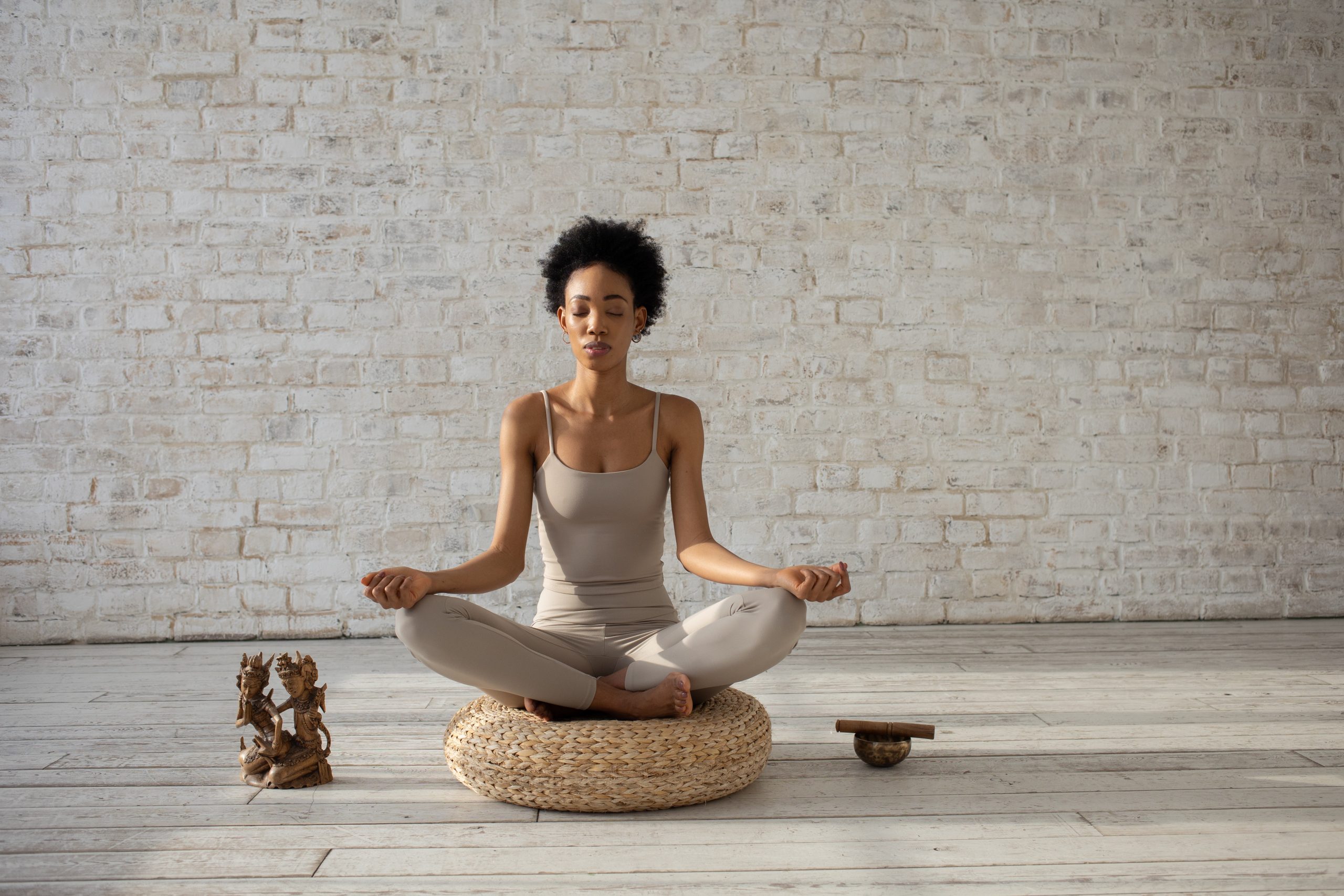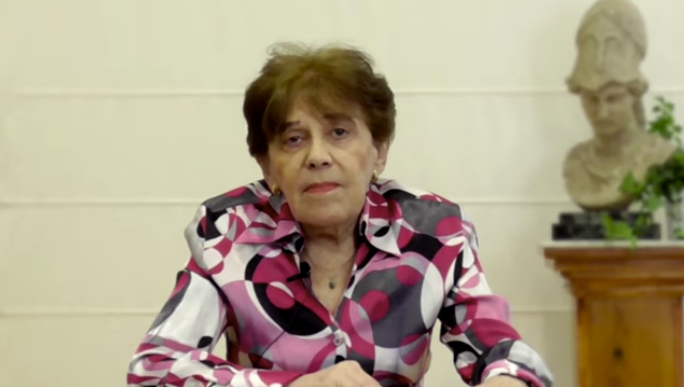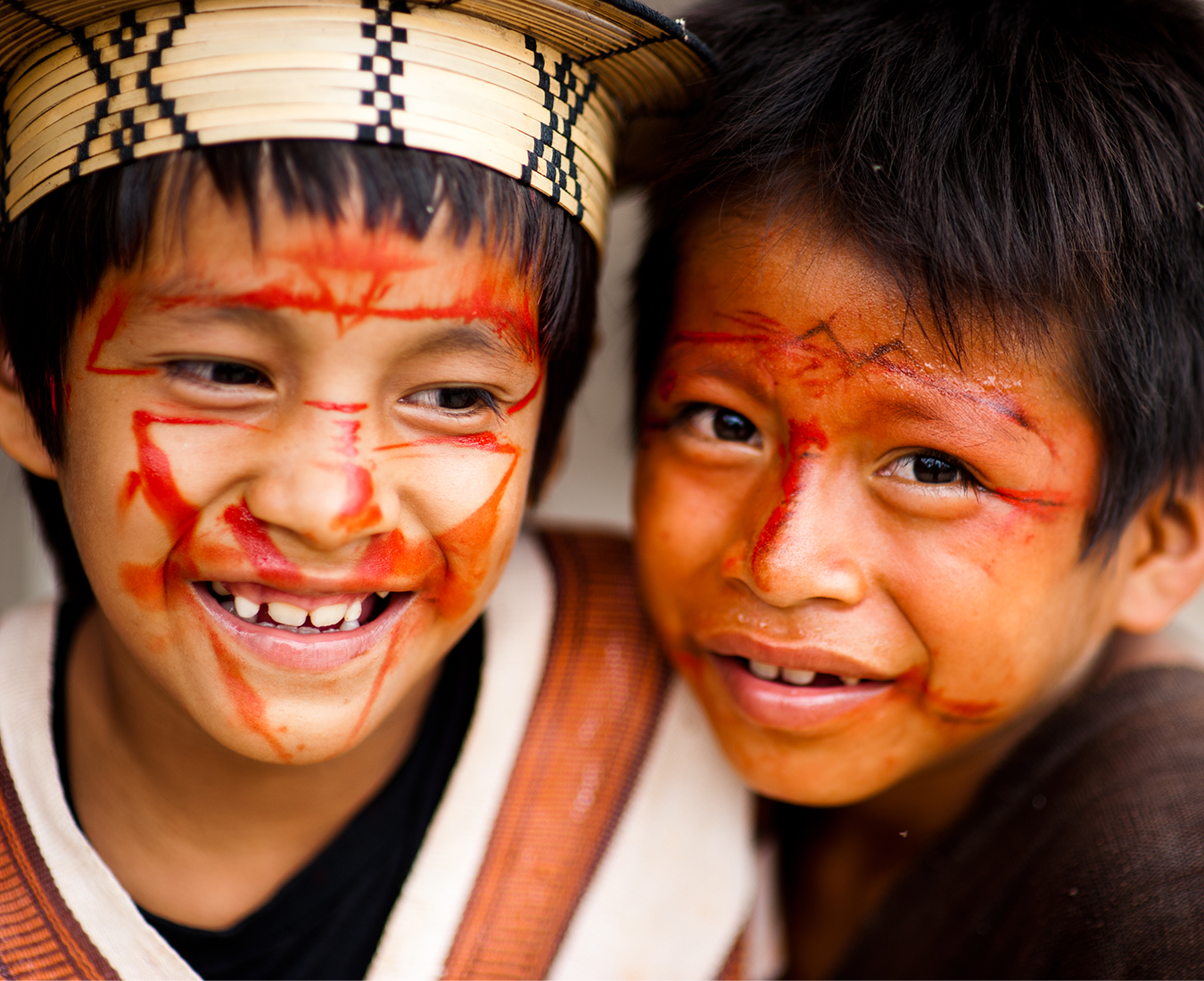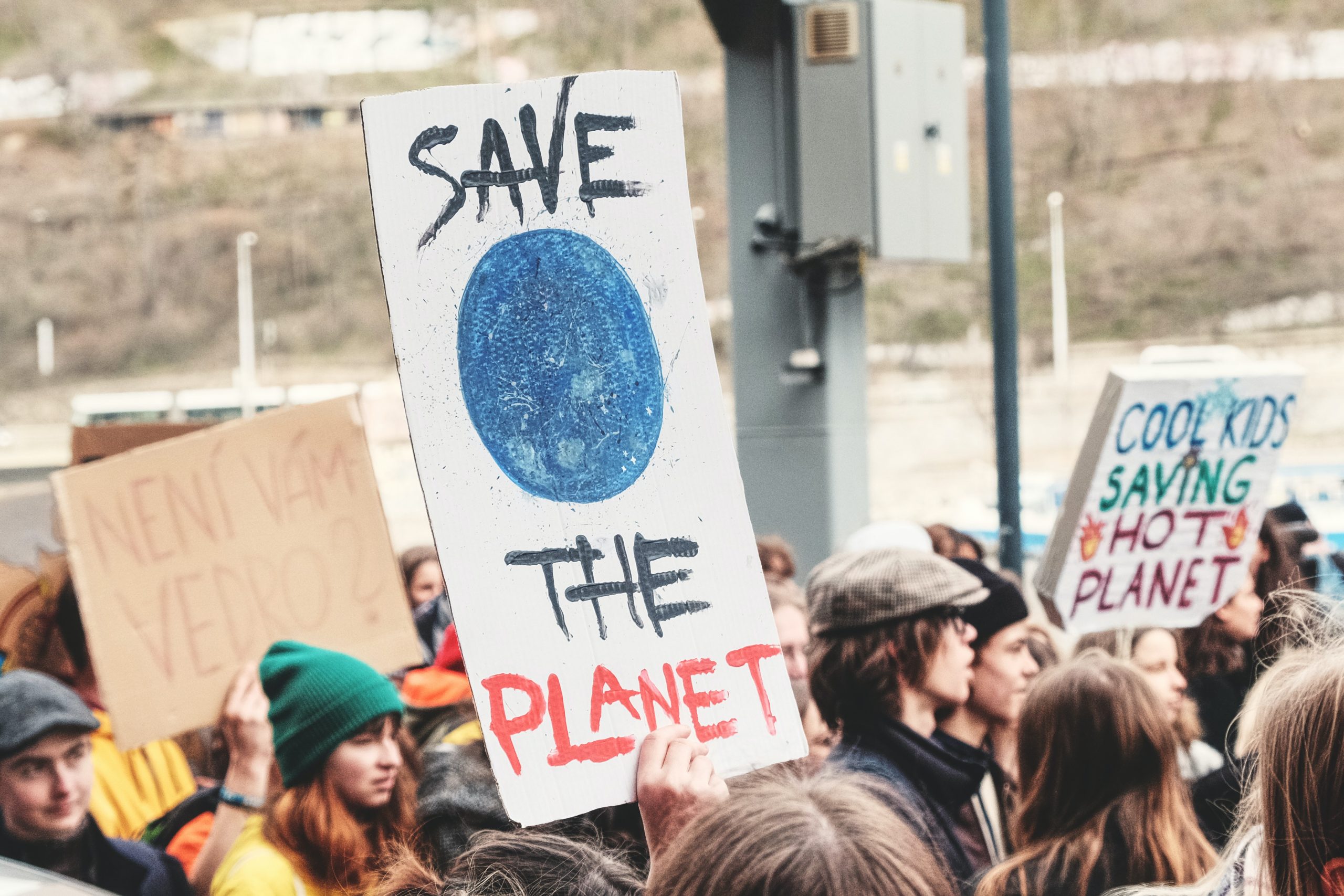Many Cultures, One Humanity
Article By Sabine Leitner
 A few years ago, I watched the documentary Babies by Thomas Balmes. It follows the first year of the lives of four babies from Mongolia, Japan, California and Namibia. The film does not contain any narration, it just lets the images speak for themselves, presenting the huge contrast that exists between these four cultures. It is amazing to see how, in just one year, these four babies had utterly different experiences of life on this planet, which would, no doubt, greatly influence the way they were going to understand the world and live in it.
A few years ago, I watched the documentary Babies by Thomas Balmes. It follows the first year of the lives of four babies from Mongolia, Japan, California and Namibia. The film does not contain any narration, it just lets the images speak for themselves, presenting the huge contrast that exists between these four cultures. It is amazing to see how, in just one year, these four babies had utterly different experiences of life on this planet, which would, no doubt, greatly influence the way they were going to understand the world and live in it.
We are all conditioned by our cultural upbringing and our culture influences us more than we might think. According to the American anthropologist Ruth Benedict: “The crucial differences which distinguish human societies and human beings are not biological. They are cultural.” Our cultural environment conveys to us what is right, acceptable, hygienic, normal, dangerous, safe, good manners, etc. It develops our tastes, it shapes our opinions, decides what we learn and what we don’t learn, it impacts on our value system and influences the way we think, feel and act.
Our cultural conditioning is what we know, and we usually don’t question it much. Our culture is our point of reference of how things are done in the ‘right way’. It is quite human to think that the way we learnt something is best and other ways of doing something are therefore often judged unfavourably. But herein lies a huge potential for misunderstandings and conflicts. As the film Babies transmits so well: there is not only one way of giving birth, bringing up children, keeping them safe, etc. There are many ways of doing something, and all of them have a logic and a reason behind them.
What applies to different cultural norms, also applies to history. We tend to judge the past by our present standards and think that this is the right thing to do. However, as the memorable first line of L.P.Hartley’s novel The Go-Between succinctly puts it: “The past is a foreign country; they do things differently there.”
So, what attitude should we adopt in front of something that is very different and often grates with our own norms? How can we still have a sense of ‘right and wrong’ – our own moral compass, which is so important! -and yet not become judgemental? I think a good starting point would be to acknowledge that it is indeed a very difficult task to reconcile differences, and also to accept that it will actually require a real effort from ourselves.
We will all need to develop a deep and authentic sense of Self that does not feel threatened by difference. We will all need to learn to think for ourselves so that we can look at differences with fresh and unbiased eyes. We will all need to increase our capacity to love. And we will all need to remember that the vast majority of our differences are ‘accidents of birth’, i.e. if we had been born in different circumstances, we would live and think very differently.
These are all difficult things to achieve, and the question arises: what could possibly help us to make this effort? Maybe there are two motivations: one being sheer necessity, seeing that our world is getting ever smaller and that there is less space to ‘live and let live’. The other one is perhaps the idealistic hope inherent in our souls that is expressed in the words of Schiller’s Ode to Joy, which has become immortalized in Beethoven’s Ninth Symphony: Thy magic power re-unites / all that custom has divided, / all men become brothers / under the sway of thy gentle wings.
I am convinced that, one day, we will all realize that we are part of the same humanity, and that we have always been united beyond our racial, sexual, cultural, religious, social and other differences.
Image Credits: By pxhere | CC0
The entity posting this article assumes the responsibility that images used in this article have the requisite permissionsImage References
By pxhere | CC0
Permissions required for the publishing of this article have been obtained




What do you think?